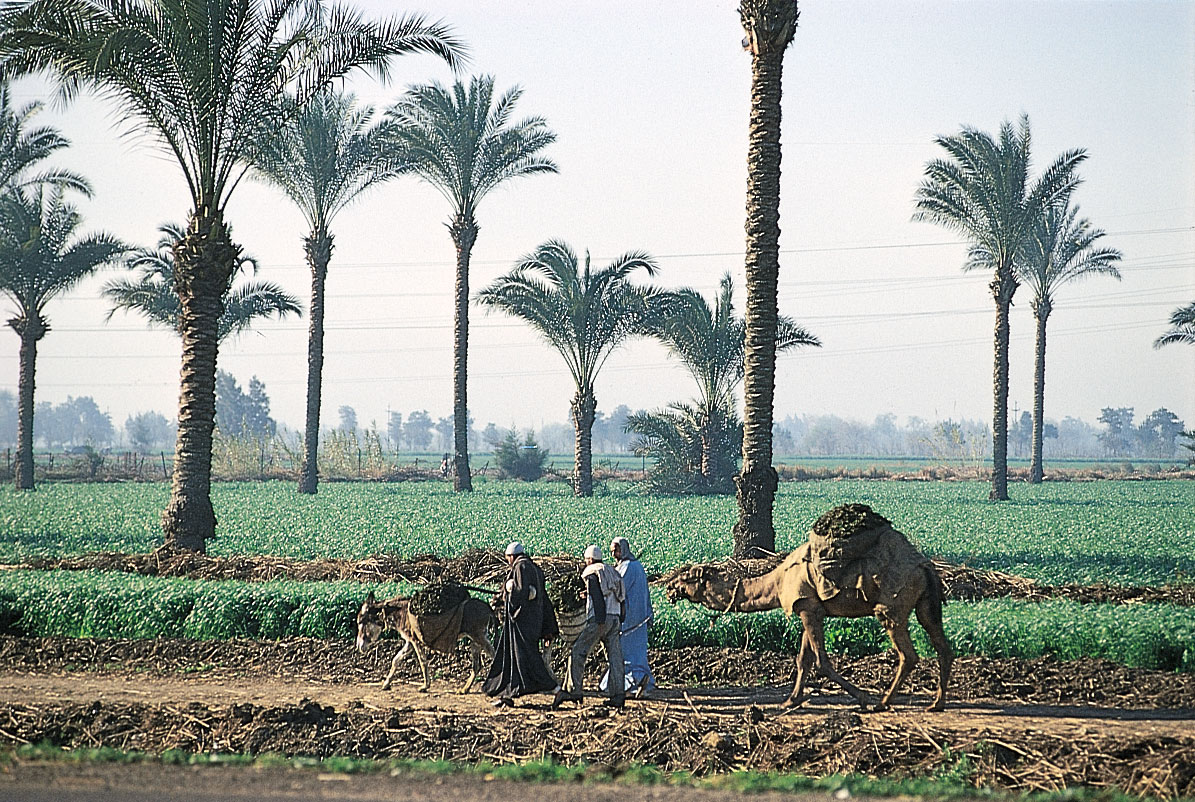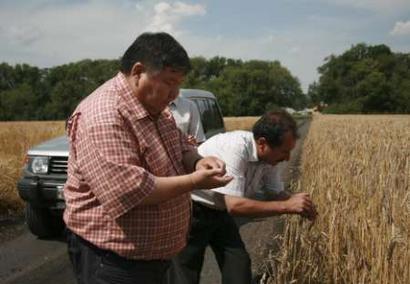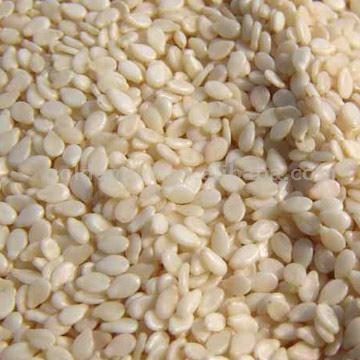Lanka offers Qatar land for farming
- Gulf Times
- 13 January 2009
Sri Lanka has offered farm land to Qatar to grow food on the fertile island.

Sri Lanka has offered farm land to Qatar to grow food on the fertile island.

"Since 2005, the Burmese Government has encouraged investors from China, Thailand, Bangladesh, and Kuwait to invest in contract farms," reports the US mission in Rangoon

Some Laotian farmers are losing their ancestral lands or being forced to become wage workers on what were once their fields

The South Koreans have indicated that they want to ship their output back home for their own domestic market, which is overdependent on imports. Officials in Antananarivo insist they will be able to keep some of the new supplies within the country. “We’re very excited because we’re frightened by this food crisis,” said Eric Beantanana, a spokesman at the Madagascar Economic Development Board.

Most of the produce from the proposed project, mainly vegetables and fruits, would be exported to the Gulf. Questions have been raised on why the Government has chosen to lease the land instead of engaging local farmers to boost food security in the country.

Vision 3, an alliance formed by Gulf Finance House, Ithmaar Bank and Abu Dhabi Investment House, announced the make up of its board at its inaugural meeting yesterday.

A US businessman backed by former CIA and state department officials says he has secured a vast tract of fertile land in south Sudan from the family of a notorious warlord.

Unity state, where Philippe Heilberg, a US businessman, says he has secured a huge tract of arable land, is inaccessible even by south Sudan’s standards. Apart from AK-47 assault rifles, it is deprived of most of the trappings of the modern world.

"We are seeing a land grab bigger than anywhere else in the world, and it has attracted a mighty cast of characters," says Kingsmill Bond, chief strategist at Troika Dialog, a Moscow brokerage firm.

Egypt will receive a number of UAE delegations next month to discuss proposals involving agriculture, land reclamation and the food industry in southern Egypt, as well as infrastructure and renewable energy projects.

The reported land deal between Kenya and Qatar is not unique. The Philippines Department of Agrarian Reform said in 2007 it was looking at large tracts of land for agribusiness development under a MoU signed with China. The memo calls for the development of land to grow hybrid corn, rice and sorghum.

Walden Bello said that many of the deals were struck in dysfunctional and corruption-ridden nations, and rejected claims the land being signed away is of poor quality, and that the projects will bring jobs and improve infrastructure. “What we’re talking about is private parties using state contracts to enrich themselves,” he said. “It’s an intersection of corrupt governments and land-hungry nations.”